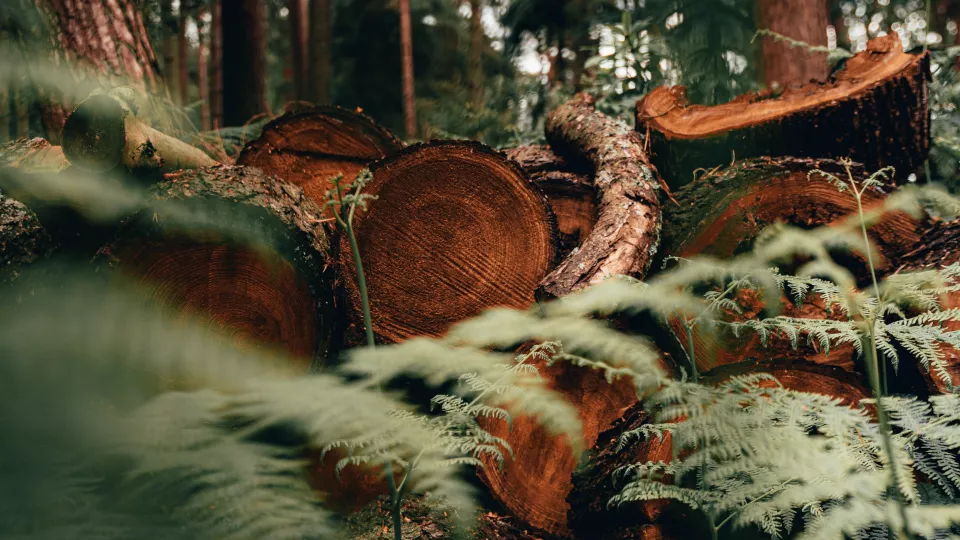Torsten Krause argue that Colombia's current REDD+ efforts mainly serve to attract international funding and legitimize the status quo since they remain disconnected from the structural processes that directly and indirectly drive deforestation. As such, REDD+ in Colombia contributes to a contradictory neoliberal approach to development, which promises to safeguard the environment, while supporting large-scale extractive industries, mining, cattle ranching and intensive agriculture, resulting in the increase in deforestation and forest degradation.
Read the article Reducing deforestation in Colombia while building peace and pursuing business as usual extractivism?
